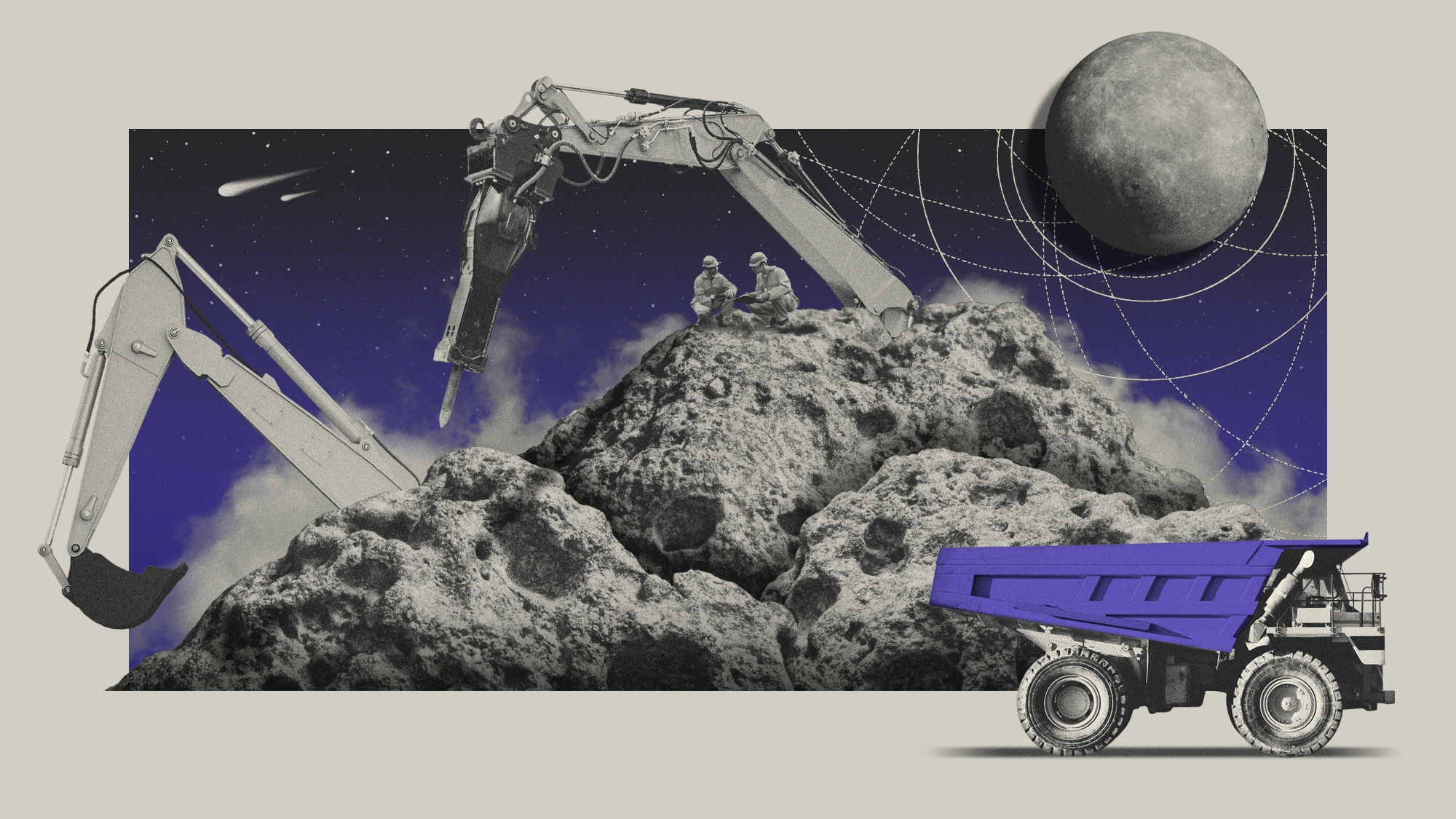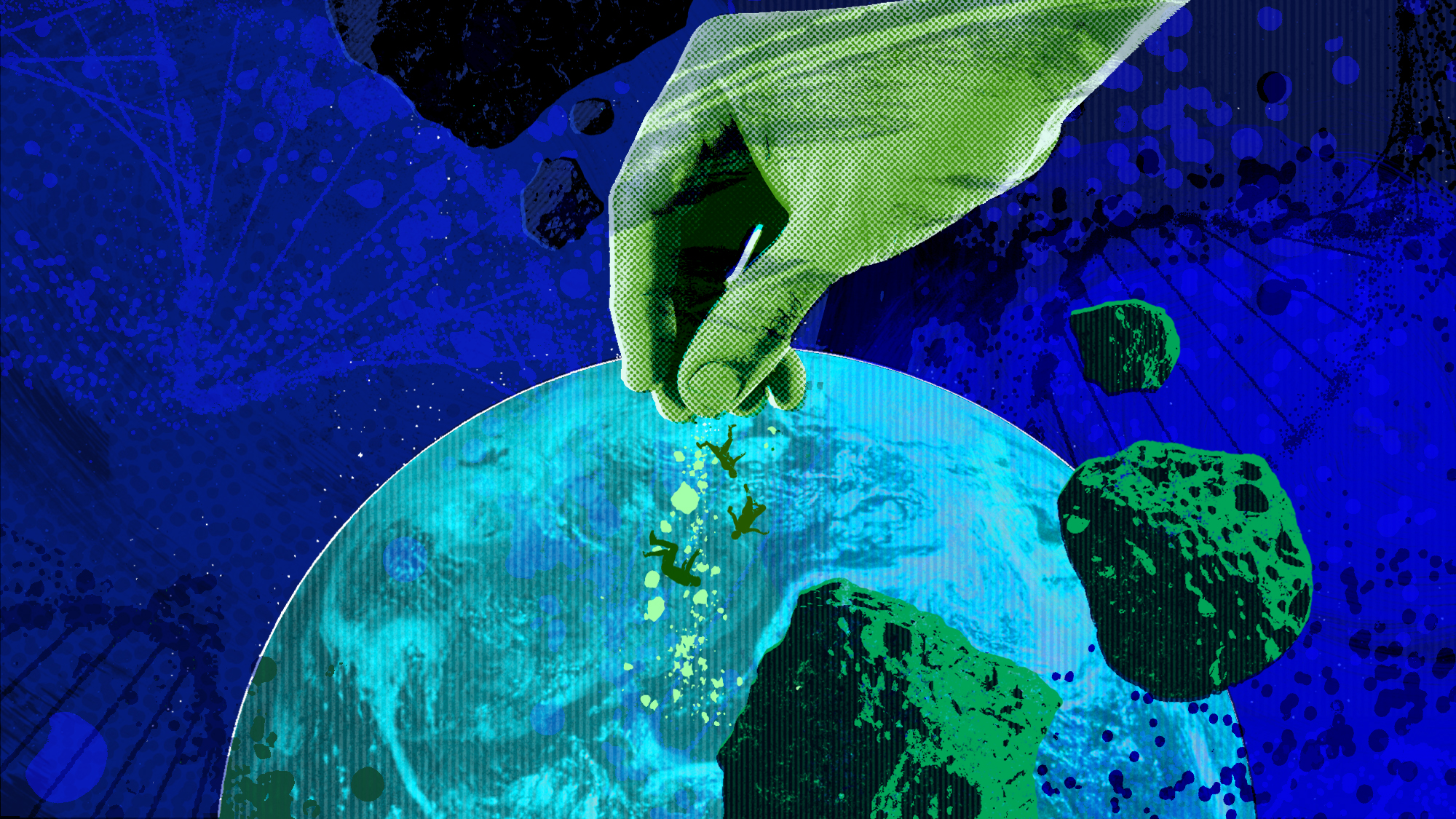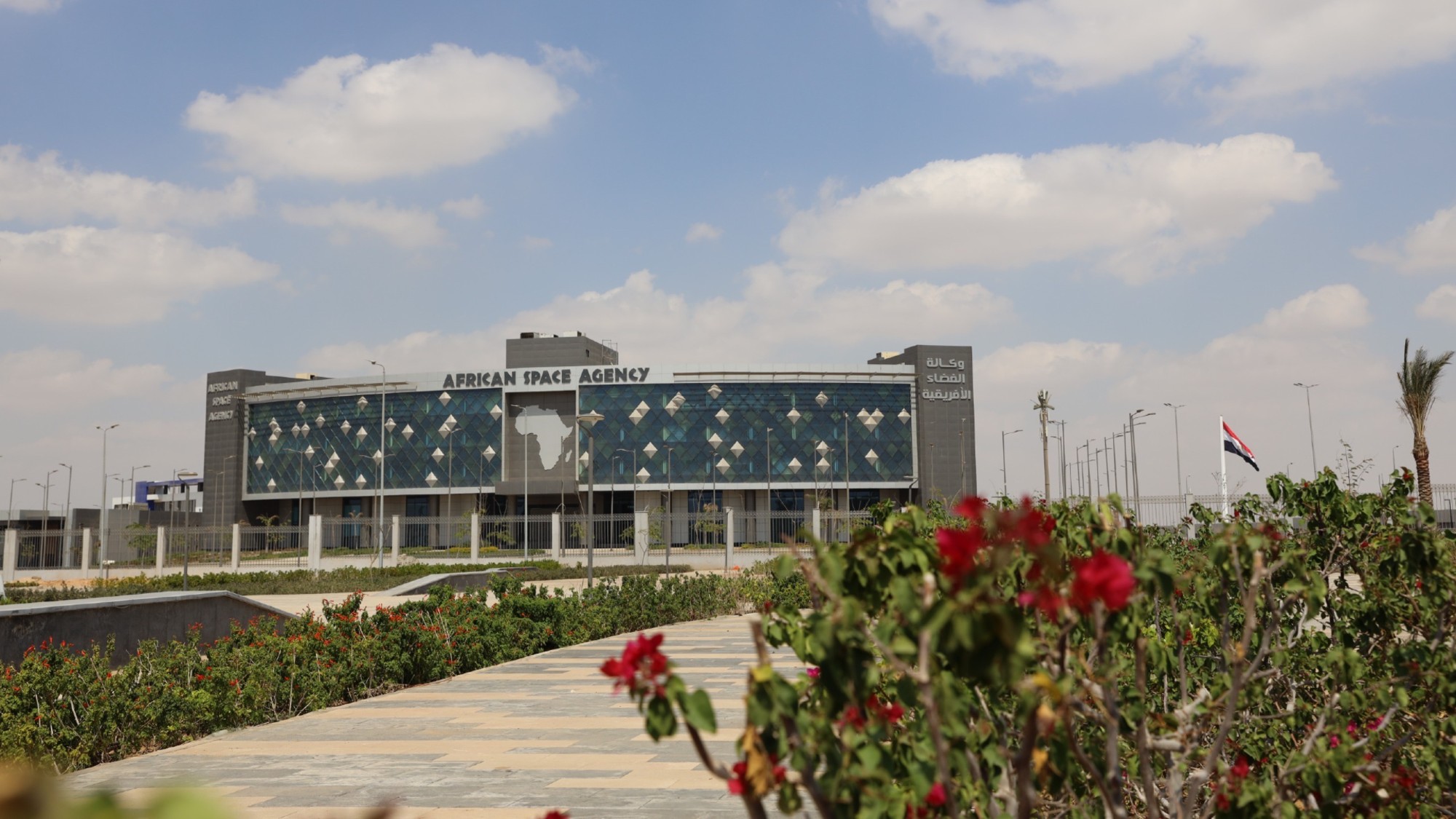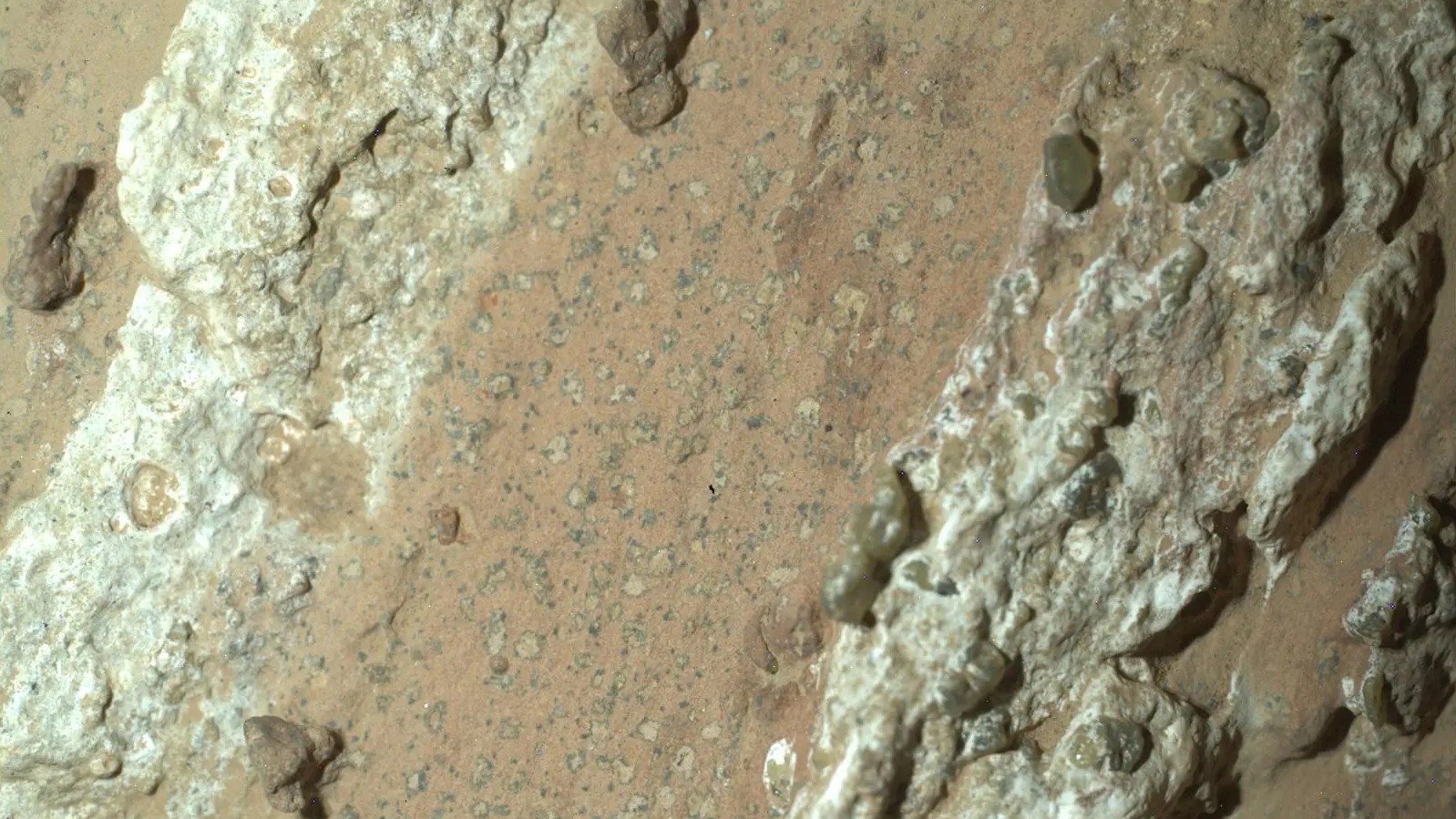Asteroid mining: the money to be made in space
Some asteroids are valued at £100trn-plus but mining them is easier said than done

A free daily email with the biggest news stories of the day – and the best features from TheWeek.com
You are now subscribed
Your newsletter sign-up was successful
Scientists believe the answer to Earth's insatiable demand for minerals could be found elsewhere: on metal-rich asteroids.
Private space exploration companies and national agencies are committing significant resources to exploring these M-type asteroids, named after the valuable metals they are speculated to contain – although no spacecraft has landed on one yet.
Until now, asteroid mining has remained a "largely hypothetical project", said Verdict, "if not quite something from the realms of science fiction", thanks to the "exorbitant cost". But with mineral deposits being rapidly depleted on Earth, "scientists urgently need to identify new methods of obtaining critical resources".
The Week
Escape your echo chamber. Get the facts behind the news, plus analysis from multiple perspectives.

Sign up for The Week's Free Newsletters
From our morning news briefing to a weekly Good News Newsletter, get the best of The Week delivered directly to your inbox.
From our morning news briefing to a weekly Good News Newsletter, get the best of The Week delivered directly to your inbox.
Private US-based mining company AstroForge is planning to launch a spacecraft, called Odin, later this year to embark on a year-long fly-by journey to an undisclosed asteroid. But the potential new space rush raises concerns about cosmic property rights and the economic impact of flooding the market with extraterrestrial supplies.
What is asteroid mining?
The main difference between earthbound mining and mining an asteroid is "the need for equipment that can withstand low-gravity, high-radiation conditions" and "function autonomously", said Live Science.
Mining on Earth raises a wealth of ethical concerns, from ecological impacts to the exploitation of labour, that asteroid mining could bypass.
But before it can begin, humans need to understand more about the mineral-rich asteroids as well as how to work on them. AstroForge has made efforts in both regards, said The New York Times. Last April, it launched Brokkr–1, a "microwave–size machine" designed to "practise refining metals in the environment of space". But the mission quickly ran into problems and the company was in a "race against time" to resolve them as of last December.
A free daily email with the biggest news stories of the day – and the best features from TheWeek.com
Odin's goal will be to reach an undisclosed asteroid and "conduct a fly-by, capturing data and 20-megapixel images as it seeks to confirm metallic riches", said Payload. If the spacecraft finds platinum-group metals – six elements (including platinum) used widely in electronic, automotive and health technology production – AstroForge would build a craft capable of bringing 1,000kg-2,000kg of the metals back to Earth per mission. And that could mean up to $140 million (£111 million) in "cosmic bounty".
How lucrative could it be?
The asteroid mining industry would be incredibly profitable. Asterank, a database that estimates the value and cost of mining over 600,000 asteroids, paints an optimistic picture.
Although the software engineer behind the project admits that the information Asterank operates on is not perfect, nearly all of the top 1,000 most cost-effective asteroids in the database would each yield pure profits in the tens of millions to hundreds of trillions of pounds. They wouldn't necessarily need to be home to platinum-group metals either: just the nickel and iron that M–type asteroids are thought to contain are valuable enough on their own.
The problem is the upfront cost of developing the technology. Two companies, Planetary Resources and Deep Space Industries, claimed in 2016 that they would be landing on or mining asteroids in the mid–2020s. But both folded and "quietly disappeared after being acquired by other companies" just a few years later, said Wired.
But the lure of 15–figure paydays has driven both public and private investment in asteroid mining projects to continue.
How close is it to happening?
Last October, Nasa launched a mission to an M-type asteroid named Psyche, estimated by Asterank to contain metals worth up to $27.67 billion (£21.8 billion) and likely to be a strong candidate for mining.
While Nasa's mission is purely scientific in its aims, anything the craft finds when it lands on Psyche in five years' time is likely to further accelerate interest in mining. Philip Metzger, a planetary physicist at the University of Central Florida, told Live Science that if "money poured in now, we might see small–scale asteroid mining in five years".
-
 What is the endgame in the DHS shutdown?
What is the endgame in the DHS shutdown?Today’s Big Question Democrats want to rein in ICE’s immigration crackdown
-
 ‘Poor time management isn’t just an inconvenience’
‘Poor time management isn’t just an inconvenience’Instant Opinion Opinion, comment and editorials of the day
-
 Bad Bunny’s Super Bowl: A win for unity
Bad Bunny’s Super Bowl: A win for unityFeature The global superstar's halftime show was a celebration for everyone to enjoy
-
 NASA’s lunar rocket is surrounded by safety concerns
NASA’s lunar rocket is surrounded by safety concernsThe Explainer The agency hopes to launch a new mission to the moon in the coming months
-
 How Mars influences Earth’s climate
How Mars influences Earth’s climateThe explainer A pull in the right direction
-
 Artemis II: back to the Moon
Artemis II: back to the MoonThe Explainer Four astronauts will soon be blasting off into deep space – the first to do so in half a century
-
 The 5 biggest astronomy stories of 2025
The 5 biggest astronomy stories of 2025In the spotlight From moons, to comets, to pop stars in orbit
-
 How climate change is affecting Christmas
How climate change is affecting ChristmasThe Explainer There may be a slim chance of future white Christmases
-
 Panspermia: the theory that life was sent to Earth by aliens
Panspermia: the theory that life was sent to Earth by aliensUnder The Radar New findings have resurfaced an old, controversial idea
-
 Africa could become the next frontier for space programs
Africa could become the next frontier for space programsThe Explainer China and the US are both working on space applications for Africa
-
 NASA reveals ‘clearest sign of life’ on Mars yet
NASA reveals ‘clearest sign of life’ on Mars yetSpeed Read The evidence came in the form of a rock sample collected on the planet